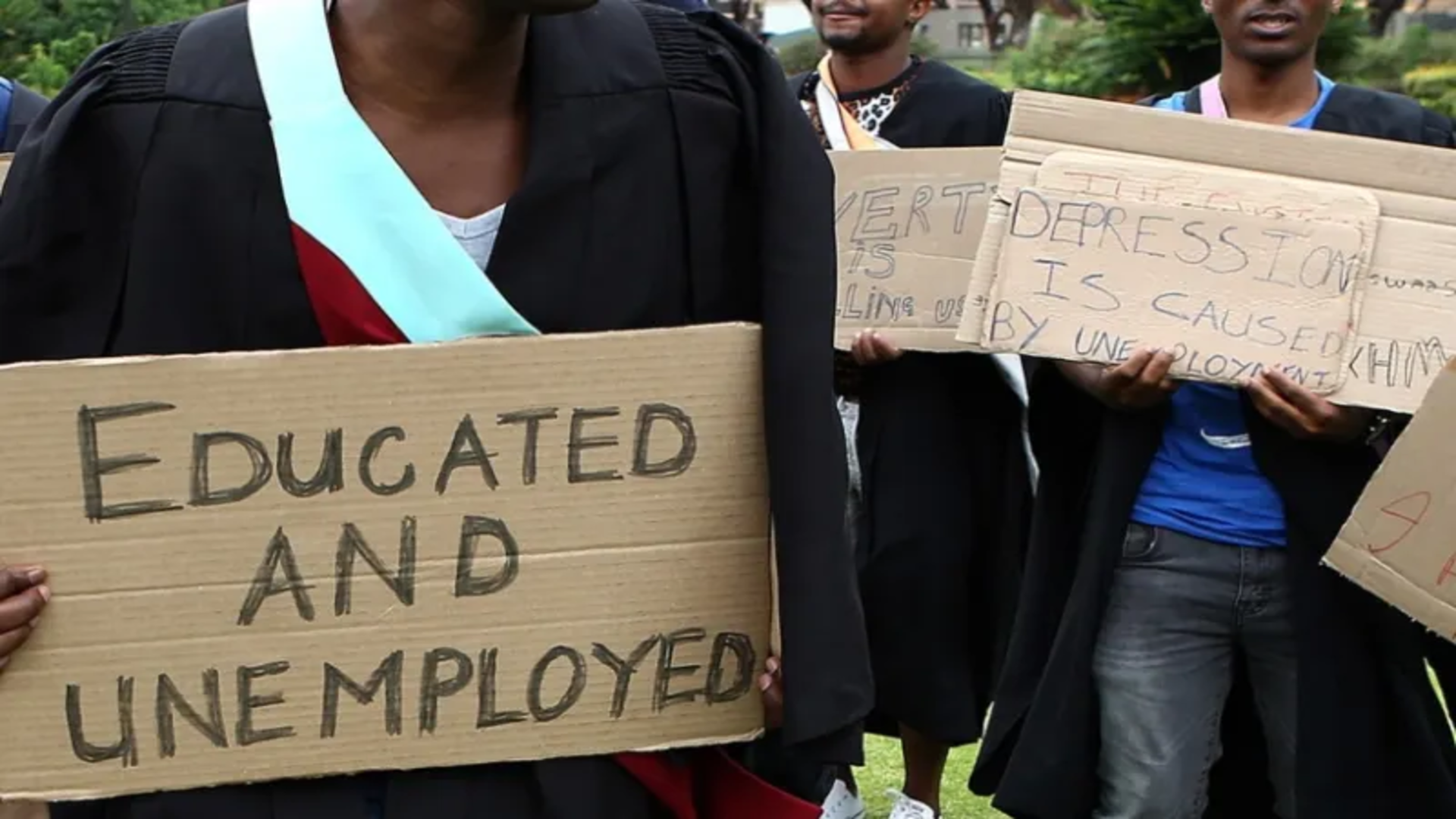Sayda Aftermath Graduates
Dawn For Change

Sayda Aftermath Graduates Project is a division of Southern African Youth Development Agency.
Sayda Aftermath Graduates Project is a bold social reintegration initiative under Southern African Youth Development Agency (SAYDA), designed to support academically qualified ex-offender graduates who face systemic barriers when transitioning into the workforce. Despite their academic achievements, many ex-offenders remain stigmatized and excluded from opportunities, leaving their skills and potential underutilized.
Through mentorship, advocacy, and partnership-building, the project works to break cycles of marginalization and create second chances for graduates determined to rebuild their lives.
Our PROJECT
Who we are...
Sayda Aftermath Graduates
Prison, Education & work
The journey from prison to education and into work is at the heart of Sayda Aftermath Graduates Project. We recognize that while incarceration often limits opportunities, education creates the foundation for transformation, and meaningful employment completes the cycle of reintegration.

EX-OFFENDER CHALLENGES
Despite rehabilitation and academic achievement, many ex-offenders face significant barriers when trying to reintegrate into society. These challenges include:
1. Stigma & Discrimination
2. Employment Barriers
3. Policy & Systemic Gaps
4. Social Reintegration Struggles
5. Mental & Emotional Strain
6. Limited Networks
"TAKE 5" EX-OFFENDER EMPOWERMENT PROGRAMME
At the heart of Sayda Aftermath Graduates Project is the “Take 5” (T5) Ex-Offender Empowerment Programme, an innovative employment-driven initiative that urges both government institutions and private sector companies to employ at least five academically qualified ex-offenders as part of their workforce inclusion strategies.
T5 is designed to:
By linking rehabilitation with employment, Sayda Aftermath Graduates Project not only transforms individual lives but also strengthens communities, proving that education, empowerment, and inclusion are the most powerful tools for lasting change.

safer societal environment
A society becomes safer when individuals are given opportunities to rebuild their lives with dignity and purpose. Sayda Aftermath Graduates Project recognizes that exclusion, unemployment, and stigma often push ex-offenders back into cycles of crime. By contrast, when ex-offender graduates are empowered through education, employment, and social reintegration, they become productive members of society who contribute to stability and growth.
Through initiatives like the “Take 5” Ex-Offender Empowerment Programme (T5), SAYDA advocates for inclusive hiring practices that reduce recidivism, strengthen families, and promote community resilience. Every job offered, every skill applied, and every life restored is a step toward a safer, more just, and more cohesive society.
societal benefits
This comparison highlights why SAYDA invests in education as the cornerstone of rehabilitation — because while stigma affects all ex-offenders, education provides a bridge to employment, dignity, and a safer society.
